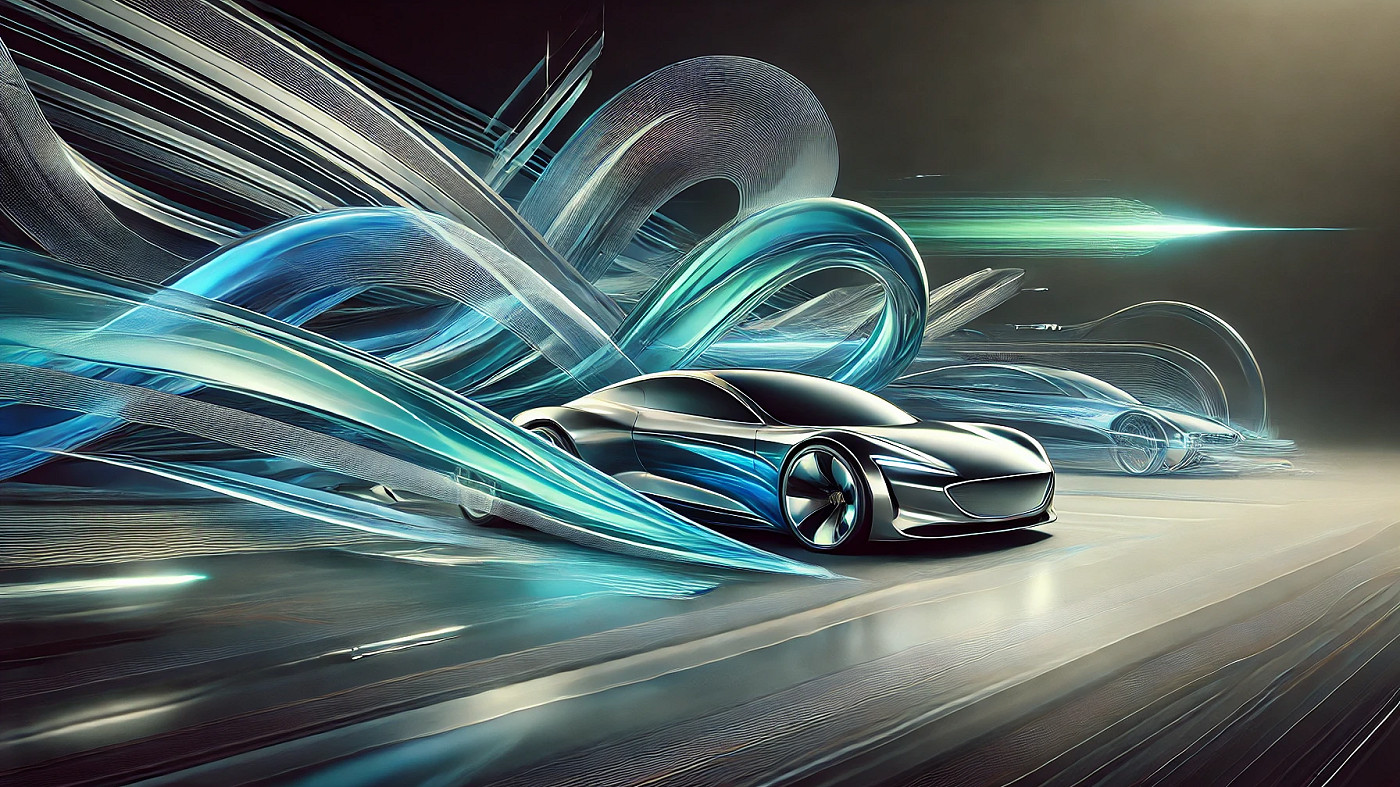
Automotive Sector Report – 2025
The global automotive sector is undergoing an unprecedented period of transformation. Technological innovation, increasing environmental regulations, and new consumer expectations redefine the market. Emerging trends include the evolution of electric vehicles (EVs), the growing importance of connectivity and autonomous vehicles, and new purchasing and shared mobility dynamics (Mobility-as-a-Service, MaaS).
In 2024, the global automotive market reached an estimated value of approximately $3.8 trillion, with an expected annual growth rate of 3.5% through 2030. In Europe, the sector is valued at around €900 billion, with Germany being the largest market, followed by France and Italy. The demand for electric vehicles and new emission regulations are influencing the strategies of major European manufacturers.
In Italy, the automotive market reached a record value of over €47 billion in 2024, marking an increase of more than 2% compared to 2023. This was despite a slight 1% decline in registrations, which stood at 1,577,751 units compared to 1,590,388 the previous year.
Hybrid vehicles continued gaining traction, accounting for 40% of the market, with 633,796 units sold, up from 36% to 575,390 units in 2023.
However, domestic production has seen a significant contraction: Stellantis, for example, produced fewer than 500,000 vehicles in 2024, compared to 751,000 in 2023, highlighting a decline attributed to weak demand, particularly for electric vehicles.
These dynamics indicate an evolving market, with a growing preference for low-emission vehicles, and significant challenges for domestic manufacturers in meeting new trends and consumer expectations. According to Deloitte's "2025 Global Automotive Consumer Study," interest in fully electric vehicles (BEVs) has slowed, while preference for hybrid engines (HEVs and PHEVs) is growing. The main factors influencing the decision to purchase an EV include reduced fuel costs, environmental impact, and improved driving experience. Concerns about EVs primarily involve high prices, insufficient charging infrastructure, limited range, and long charging times. Access to home charging remains a critical factor, as many consumers in mature markets lack a charging station at home, leading to logistical difficulties in EV adoption.
Consumer preferences are evolving rapidly. Brand loyalty is declining in many markets, with an increasing share of consumers considering switching to a different brand for their next purchase. In particular, 76% of Chinese consumers plan to change brands. Loyalty to established brands remains strong in mature markets like Japan and Germany, loyalty to established brands remains strong. The key factors in choosing the next vehicle are price, product quality, and performance. Another significant shift concerns purchasing channels: interest in online direct purchases from manufacturers is growing in India and China, while in Western markets, consumers still prefer a physical dealership experience.
Integrating connectivity and artificial intelligence technologies in vehicles is becoming increasingly relevant. The main functions consumers request include automatic detection of vehicles and pedestrians, emergency assistance, anti-theft tracking, and vehicle health monitoring. However, skepticism about fully autonomous cars remains high, particularly in markets such as the United States and the United Kingdom, where over 50% of consumers express safety concerns.
The MaaS concept is gaining popularity, particularly among young people (18-34 years) in emerging markets such as India and Southeast Asia. Over 50% of respondents would be willing to forgo vehicle ownership in favor of shared mobility solutions. In mature markets, however, the preference for private ownership remains higher.
The automotive sector faces several challenges, including stringent environmental regulations that require automakers to accelerate the transition to more sustainable technologies, trade tensions and global logistics affecting production and supply strategies, and high production costs driving companies to explore strategic collaborations. On the other hand, opportunities include expanding EV charging infrastructure with investments in charging stations and home charging solutions, adopting MaaS business models such as subscription services and car-sharing, and leveraging automation and artificial intelligence to enhance vehicle safety and efficiency.
Major European automakers, including Volkswagen and Porsche, are facing significant challenges in the electric transition. Volkswagen has had to revise its production strategies due to declining demand for electric vehicles and rising development costs. Despite the success of Taycan, Porsche is experiencing difficulties maintaining high-profit margins due to increasing battery costs and intensifying competition.
The automotive sector is in a complex transition phase but full of opportunities. The key to success lies in innovating, adapting to consumer needs, and addressing sustainability and digitalization challenges.

 News
News